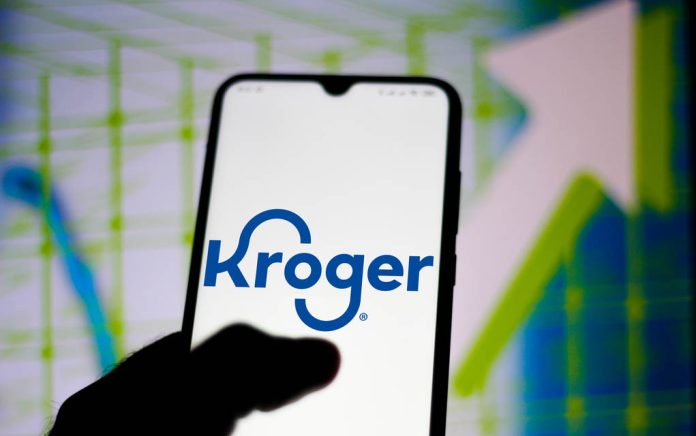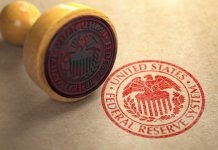
Kroger is under fire for allegedly hiking essential item prices well above inflation just before a major merger.
At a Glance
- Kroger increased prices on milk and eggs beyond inflation rates.
- Senior pricing executive admitted to excessive price hikes in a March 2024 email.
- Federal Trade Commission and states file an antitrust lawsuit to block the $24.6 billion Kroger-Albertsons merger.
- Concerns grow over potential consumer impact if the merger proceeds.
Kroger’s Pricing Practices Under Scrutiny
As Kroger Co. prepares for a potential merger with Albertsons Cos., the grocery giant finds itself in hot water over its pricing practices. In a startling revelation during a court hearing, Kroger’s senior director for pricing, Andy Groff, admitted that the company had raised prices on essential items like milk and eggs beyond what was necessary to account for inflation.
This admission came to light as part of the U.S. government’s efforts to block Kroger’s $24.6 billion acquisition of Albertsons. The Federal Trade Commission, along with several states, has filed an antitrust lawsuit to prevent the merger, citing concerns over reduced competition and potential harm to consumers.
The Pricing Controversy
In a March 2024 email to his superiors, Groff acknowledged that Kroger had implemented price hikes that exceeded the adjustments needed for higher costs. This revelation has raised serious questions about the company’s pricing strategy and its impact on American consumers, especially during a time of widespread economic pressure.
“On milk and eggs, retail inflation has been significantly higher than cost inflation,” Groff wrote.
When questioned about his email during the court hearing, Groff stated that the company’s goal is to “pass through our inflation to consumers.” This approach has drawn criticism from consumer advocates and antitrust enforcers, who argue that such practices could lead to even higher prices if the Kroger-Albertsons merger is allowed to proceed.
Kroger’s Defense and Market Strategy
Despite the controversy, Kroger maintains that the proposed merger would result in lower prices and better competition against retail giants like Amazon and Walmart. The company claims to benchmark its prices weekly against competitors, including Walmart, Aldi, and other traditional retailers in various markets.
A Kroger spokesperson said: “This cherry-picked email covers a specific period and does not reflect Kroger’s decades-long business model to lower prices for customers by reducing its margins.”
Groff testified that Kroger aims to be competitive on “everyday essentials” such as milk, eggs, sugar, bananas, and iceberg lettuce. The company operates over a dozen dairy plants and has expanded its presence in the milk business, which could potentially give it more control over pricing in this sector.
The Broader Impact and Future Implications
The ongoing legal battle over the Kroger-Albertsons merger highlights broader issues in the grocery industry, including market concentration and its effects on consumer prices. U.S. District Judge Adrienne Nelson in Portland will ultimately decide on the merger’s fate, with significant implications for the future of grocery retail in America.
As consumers continue to grapple with rising food costs, the outcome of this case could set a precedent for how major grocery chains are allowed to operate and merge in the future. For now, American shoppers are left to wonder whether they’ll be facing even higher prices at the checkout counter in the months and years to come.
Sources:
- Kroger Egg Pricing Turns Merger Trial Into Inflation Fight
- Kroger hiked milk, egg prices above inflation, merger judge is told
- Kroger Egg Pricing Turns Merger Trial Into Inflation Fight
- Kroger hiked milk and egg prices above inflation, exec affirms in merger hearing
- Supermarket Squeeze: The Real Costs of the Kroger-Albertsons Deal
- Proposed Kroger and Albertsons merger heads to court















